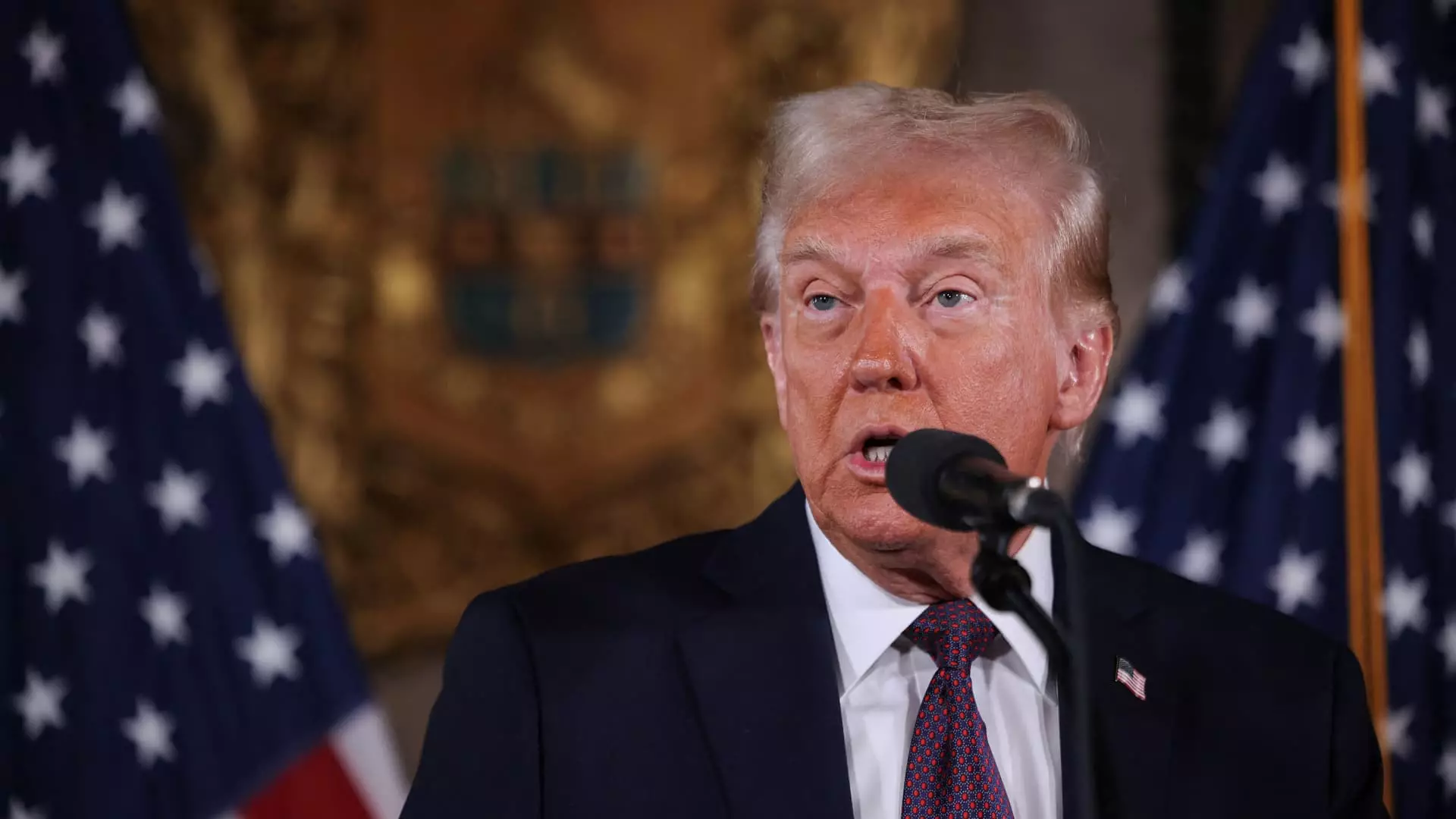In a significant shift for America’s economic landscape, President-elect Donald Trump has announced a monumental investment initiative poised to bolster the U.S. technology sector. The commitment, driven by Emirati billionaire Hussain Sajwani and his company DAMAC Properties, entails a staggering $20 billion earmarked for the development of new data centers across the nation. This move exemplifies how foreign capital can play a pivotal role in shaping America’s tech infrastructure and prompts a reassessment of international investment practices in the context of U.S. economic goals.
Trump revealed that the investment will initially focus on several key states, including Texas, Arizona, Oklahoma, Louisiana, Ohio, Illinois, Michigan, and Indiana. Each of these regions brings unique advantages: Texas offers burgeoning tech ecosystems, while Indiana and Michigan are home to resilient industrial communities. The decision to spread the investment across diverse geographical locations may also be a strategic maneuver to enhance local economies while minimizing risks associated with market concentration in a specific area.
Sajwani’s commitment comes not only as a response to Trump’s election but underscores a broader trend where foreign entities express renewed confidence in U.S. economic prospects under new leadership. The developer noted that Trump’s election is a catalyst for significant investment increases. This sentiment echoes across the international business community, as signaled by other influential figures, such as SoftBank CEO Masayoshi Son, who previously announced intentions to invest $100 billion in the U.S. market and create an extensive number of job opportunities.
The Trump administration’s clear strategy to attract foreign investment involves offering substantial incentives. Promises of expedited permits for investments exceeding $1 billion reflect a broader understanding of the challenges faced by international businesses. The simplified regulatory environment may entice more investors to penetrate the U.S. market, leading to groundbreaking advancements in technology infrastructure, which is crucial for sustaining the country’s competitive edge in a rapidly evolving digital landscape.
While the ambitious investment plans carry promise, they come with a set of concerns that must be addressed. The large influx of foreign capital could potentially lead to questions surrounding market dominance, data sovereignty, and the implications of foreign ownership of critical infrastructure. Furthermore, the political landscape will remain a critical factor in ensuring that such investments are welcomed without compromising national security or economic independence.
As the U.S. readies itself to embrace an era marked by substantial foreign investments in high-tech data centers, stakeholders must remain vigilant. The collaboration between American interests and international investors offers significant promise for growth and innovation, but it must be navigated thoughtfully. Continued dialogue surrounding regulatory frameworks and investment parameters will be essential in fostering an environment where such foreign initiatives contribute positively to the U.S. economy while safeguarding national interests.



Leave a Reply